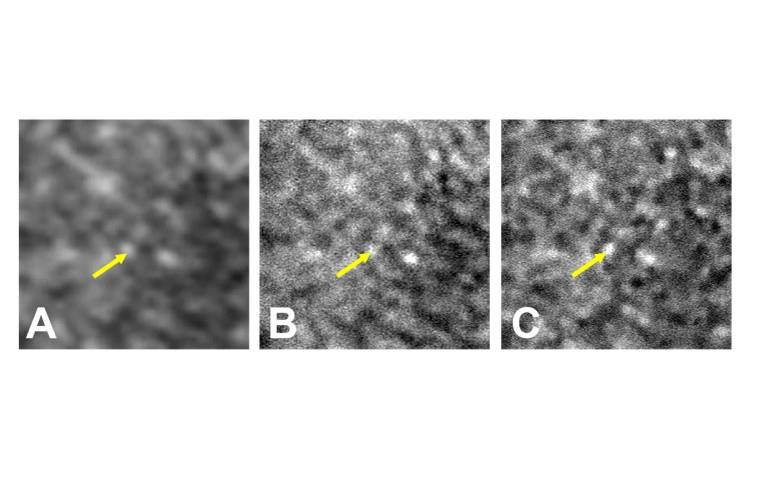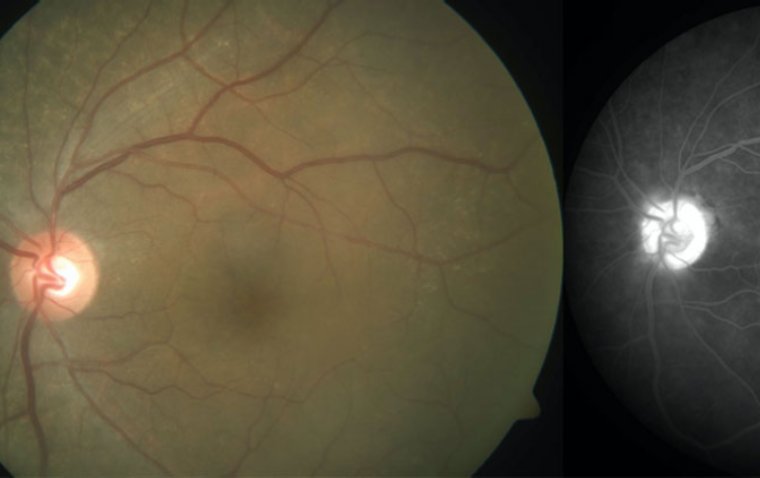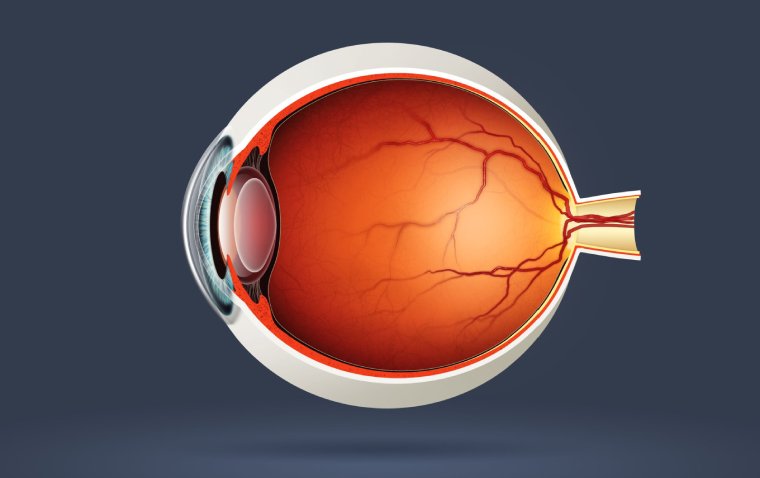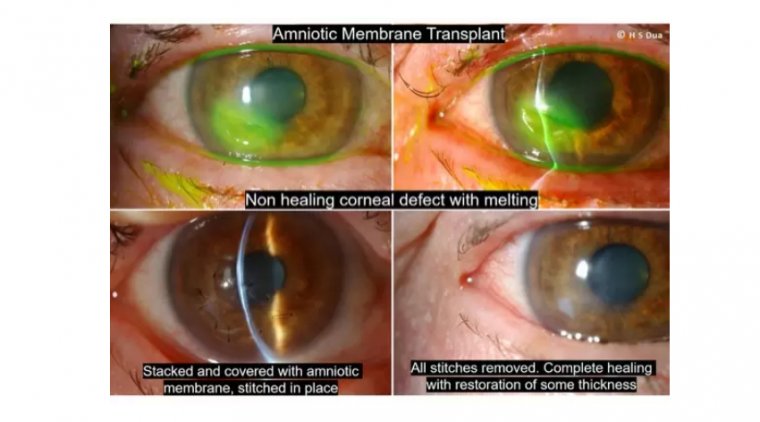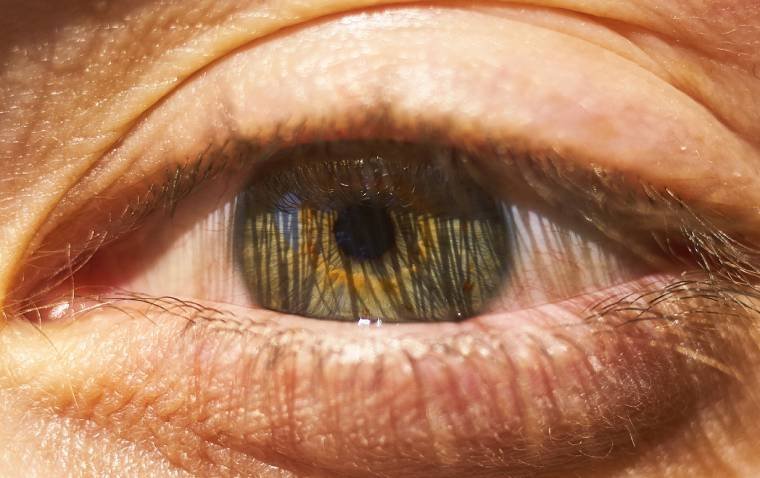
Eye Tests Could Monitor Neurodegeneration in Parkinson’s Disease
Researchers from the University of the Basque Country (UPV/EHU) and Biobizkaia have explored the potential of using a common ophthalmological tool, optical coherence tomography, to monitor neurodegeneration in patients with Parkinson’s disease. This non-invasive method, commonly employed in eye health assessments, has shown promise in detecting early neurodegenerative changes, particularly in the retina, which may precede cognitive impairments.
Study Insights: Retinal Thickness and Neurodegeneration
The study focused on measuring the thickness of the innermost layer of the retina, which is closely linked to the nervous system and comprises several layers. Over the period from 2015 to 2021, researchers analyzed and compared the retinal layer thickness in individuals diagnosed with Parkinson's disease against those without the condition. The findings revealed that the retinal layer is noticeably thinner in Parkinson’s patients and suggested that significant neurodegeneration occurs early on in the retina, before cognitive or motor symptoms become apparent.
Challenges in Predicting Parkinson’s Disease Progression
Ane Murueta-Goyena, a researcher in UPV/EHU's department of Neurosciences, highlighted the variability in the progression of Parkinson’s disease among patients, making it challenging to predict outcomes. “When Parkinson's or another neurodegenerative disease is diagnosed, patients always ask: 'And now what? What will happen? What can be expected from the disease?' For neurologists, it is not possible to answer these questions precisely, as the evolution of patients tends to be very varied: some experience no change over the years, while others end up with dementia or in a wheelchair,” explained Murueta-Goyena.
Retinal Thinning as a Biomarker for Cognitive Decline
The study also found a correlation between the rate of retinal thinning and cognitive decline; a slower loss of retinal layer thickness was associated with a faster cognitive decline, suggesting that retinal changes could potentially serve as an early biomarker for predicting the disease's trajectory.
Murueta-Goyena stressed the significance of these findings, noting that “We have obtained information on the progression of the disease, and the tool we are proposing is non-invasive and available at all hospitals.” She also mentioned that further research is underway with another patient cohort and emphasized the need for international validation and improved resolution of the technology to make this method a viable option for monitoring Parkinson's disease progression.
The results of the study, which were also confirmed in a UK hospital, point towards a promising new avenue for providing more effective clinical treatments and facilitating clinical trials by identifying patients at risk of cognitive impairment early in the disease process.
Reference
Murueta-Goyena, A., et al. (2024). Association of retinal neurodegeneration with the progression of cognitive decline in Parkinson’s disease. Npj Parkinson’s Disease. doi.org/10.1038/s41531-024-00637-x.
(1).jpg)
